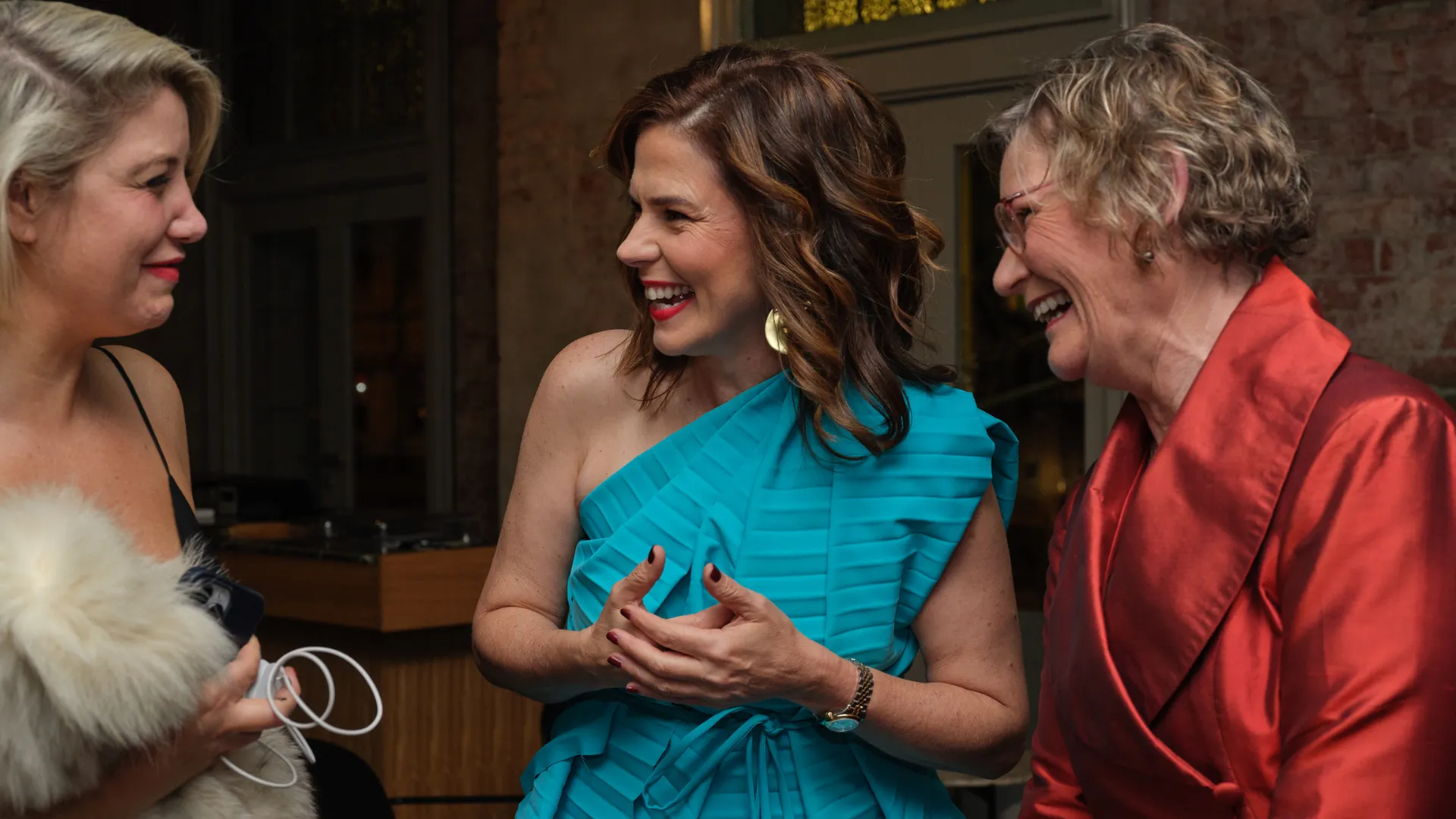The Quiet Burnout Behind Put-Together Lives
Jun 29, 2025
Why competence can’t save you from emotional depletion
There’s a version of burnout that doesn’t come with tears or collapse.
It arrives quietly.
Wrapped in competence.
Disguised as success.
After two decades of working with ambitious women across industries and continents, I’ve seen a pattern play out time and again. These women are often admired for their grace under pressure. They lead families, businesses, teams—and still remember the birthdays. On paper, they’re thriving. In reality, many are barely holding on.
They’ve become experts at being capable. Reliable. Resilient.
But that same excellence becomes a mask.
A role.
A trap.
Because underneath the polished exterior lies a quiet, persistent ache:
“I’ve built a good life… so why does it feel like I’m not really in it?”
The burnout no one talks about
This isn’t the burnout of missed deadlines or overflowing inboxes.
This is the quiet kind—emotional burnout. Identity fatigue. A slow erosion of self under the weight of always being the strong one.
It often surfaces at midlife. Not because these women suddenly can’t cope—but because the cost of performing has become too high.
When I moved back to Australia with my three kids—no network, no certainty, and a business still anchored overseas—it became clear.
I’d spent years managing change. Holding it together. Showing up.
But when everything stopped during COVID, I had to ask myself: What am I holding on to—and is it still mine?
Many of the women I coach now are sitting in the same question.
Their version of disruption may look different—a relationship ending, a child leaving, a career shift—but the underlying realisation is the same:
“I’ve carried everything… and lost parts of myself along the way.”
Ambition isn’t the problem—misalignment is
Let’s be clear: these women aren’t burned out because they’re weak.
They’re burned out because they’ve spent years meeting expectations that were never their own.
They’ve been praised for being capable, efficient, dependable.
And somewhere along the way, they forgot that being fulfilled isn’t the same as being useful.
As Vogue UK notes:
“Burnout in midlife women isn’t about exhaustion alone—it’s about an erosion of meaning. When achievement no longer compensates for the cost.”
It’s not that these women failed.
It’s that they’re waking up to the realisation that they’ve outgrown the lives they carefully built.
And that moment of clarity?
It’s both terrifying and freeing.
What coping looks like on the outside
Here’s what I hear most often in coaching conversations:
“Everyone leans on me… but I don’t feel supported.”
“I don’t even know what I want anymore.”
“I used to feel energised. Now I just feel efficient.”
This is the paradox of high-functioning burnout:
It looks good on the outside.
But inside, there’s disconnection. Fog. Quiet resentment.
Rest feels indulgent. Joy feels optional. Stillness feels unsafe.
And the body keeps the score long before the mind is ready to catch up.
What actually changes things?
The cure isn’t a bubble bath, a retreat, or a better planner.
It’s this:
-
Creating space to feel, not just perform.
-
Letting go of old metrics of success.
-
Reconnecting with what actually brings energy—not just what brings praise.
The women I work with don’t need fixing.
They need truthful spaces.
Places where clarity is safe.
Where evolution isn’t pathologised.
Where they’re not asked to go back to who they were—but supported to grow into who they’re becoming.
That’s why I created The Lotus Collective—a private coaching community for women in transition.
Because this isn’t a breakdown.
It’s a turning point.
And you’re allowed to choose differently now.


